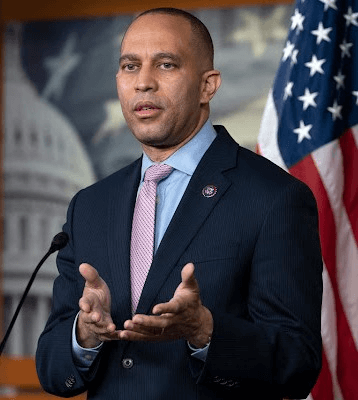A new report by the Economic Commission for Latin America and the Caribbean says that nearly half of the women in Latin America and the Caribbean who have paid work — 47.7 percent —are employed in low-productivity jobs that offer little social protection.
The group identified these workers as domestics, independent contractors, or workers in companies of up to five employees.
The report was released in Santiago, Chile during a Special Session on Beijing+20 in which Chilean President Michelle Bachelet participated, and was presented by the commission’s Executive Secretary, Alicia Bárcena.
Other speakers included Alejandrina Germán, the Dominican Republic’s Minister of Women’s Affairs and President of the Presiding Officers of the Regional Conference on Women in Latin America and the Caribbean, as well as Gülden Türköz-Cosslett, Officer-in-Charge of the Policy and Programme Bureau of the United Nations Entity for Gender Equality and the Empowerment of Women (UN-Women).
The report says that one in every three women in the region has no income of her own and that the amount of time that women dedicate to unpaid work is at least double that of men.
“The burden of unpaid work reduces women’s participation in decision-making and limits their professional progress and occupational options, which in turn reduces their income and their prospects for accessing social protection,” the document says.
The Special Session on Beijing+20, which ended here on Friday, was held in the framework of the 51st meeting of the Presiding Officers of the Regional Conference on Women in Latin America and the Caribbean, in which participants include ministers of women’s affairs, international officials and civil society representatives from the region, the group said.
“In these 20 years, we have seen significant progress for women in many aspects, but we have also seen setbacks, regional differences and difficulties in relevant areas due to the emergence of new forms of discrimination. This requires that we redouble our efforts,” said Chilean President Michelle Bachelet, who pointed to the convergence of the struggle for equality with the struggle for democracy.
Bárcena praised the agreements reached by countries in the context of the Regional Conference on Women in Latin America and the Caribbean especially during the most recent meetings in Quito (2007), Brasilia (2010) and Santo Domingo (2013).
“Today, we call on governments and civil society to join forces and avert setbacks,” especially now that the gender perspective must be included in all aspects of the post-2015 development agenda, she stressed.
“In these 20 years, the labor market structure has not changed and in light of data on the distribution of time between women and men, it is clear that women have assumed the costs of labor participation on an individual basis,” Bárcena said.
She emphasized that women’s paths to economic autonomy must be strengthened and gains made in terms of physical autonomy and decision-making must be consolidated further.
Germán called for “continued progress, promoting the incorporation of the women’s agenda in the Sustainable Development Goals (which will replace the Millennium Development Goals starting in 2015) to achieve autonomy among women and full equality between men and women in the economic, social, political and cultural spheres.”



























